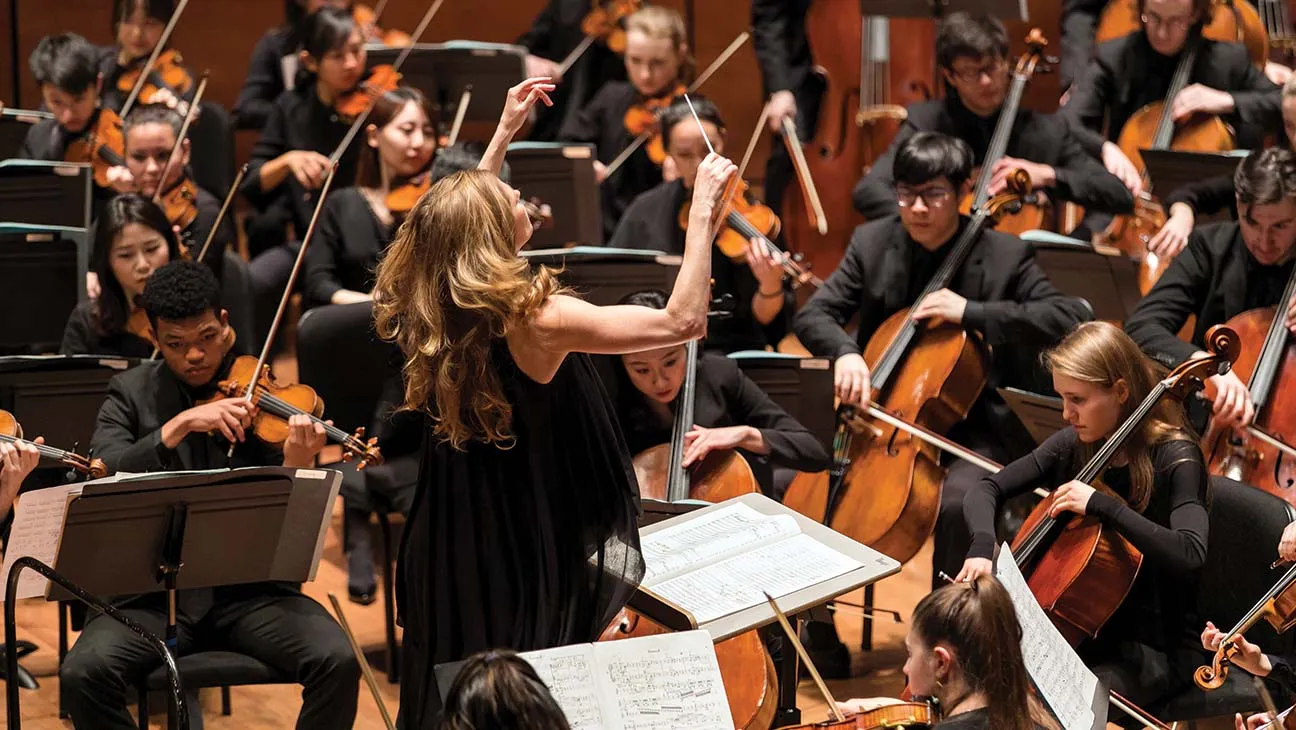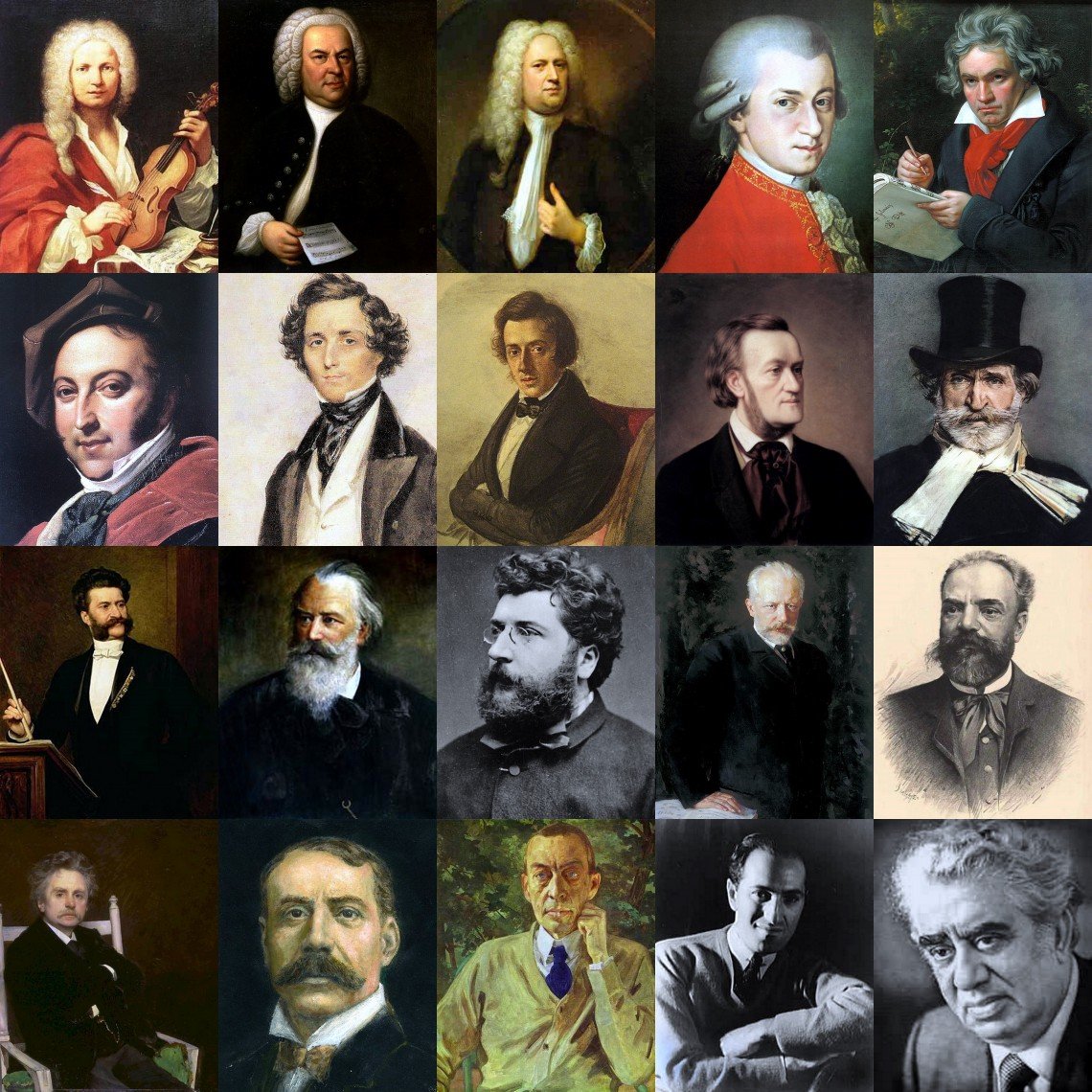Composing music with a narrative involves creating a piece that tells a story or conveys a specific message, emotion, or theme through musical elements. Just like writing a book or directing a film, music with a narrative engages the listener on an emotional journey. It can depict everything from personal experiences to larger, universal themes. Through well-planned melodies, harmonies, rhythms, and dynamics, composers can guide the listener through the progression of a story without using words.

The Concept of Narrative in Music Composition
A narrative in music is much like a plot in a story, where the music flows through different sections that represent the beginning, middle, and end of a journey. The progression of musical ideas, shifts in mood, and changes in musical textures can mirror the unfolding of a narrative. Unlike traditional storytelling, music relies solely on instrumental elements and performance to communicate the emotional arc of the narrative.
Steps to Composing Music with a Narrative
Define the Story or Theme
Before you begin composing, define the story or message you want the music to convey. This could be a literal story, like a hero’s journey, or something more abstract, like a mood or an event. The narrative can be drawn from personal experiences, historical events, or pure imagination.
Develop Characters Through Musical Themes
Just as in storytelling, characters play a significant role in music with a narrative. You can create distinct musical themes to represent different characters, emotions, or concepts. These themes can evolve throughout the piece, representing the character’s development or emotional transformation. For example, a heroic theme can shift to become darker and more dissonant as the character faces challenges, and later resolve into something triumphant.
Plan the Structure
The structure of your composition will greatly influence the storytelling. A narrative-driven piece typically has a clear sense of progression, much like the plot of a story. It may involve an introduction, development, climax, and resolution. Decide where key moments of the story will unfold and structure the music around these moments.
Use Dynamics and Tension
The emotional depth of a narrative can be greatly enhanced by manipulating dynamics (loudness and softness) and tension (dissonance and resolution). Increasing the intensity of the music can mirror moments of conflict or drama, while resolving tension through harmony can signify a sense of closure or victory.
Rhythm and Tempo to Reflect the Plot’s Pace
Rhythm and tempo can be used to reflect the pace and energy of the narrative. A fast tempo can mirror a chase scene or an exciting event, while a slow tempo can convey moments of reflection or sadness. Varying the rhythm can evoke different aspects of the story, such as urgency, calm, or unpredictability.
Examples of Music with a Narrative
Throughout music history, composers have effectively used narrative techniques. Some classical examples include:
- Beethoven’s Symphony No. 5: The famous four-note motif is used throughout the piece to represent struggle and ultimate victory, telling a story of overcoming adversity.
- Tchaikovsky’s “Romeo and Juliet”: Through lyrical melodies and contrasting sections, this symphonic poem depicts the romance and tragedy of the Shakespearean play.
Conclusion
Composing music with a narrative allows you to communicate complex emotions, ideas, and stories purely through sound. Whether you are composing for a film, a personal project, or a concert hall, music with a narrative offers the opportunity to create deeply engaging works that captivate your audience. By considering structure, themes, dynamics, and instrumentation, you can craft a musical journey that resonates with listeners, making your composition unforgettable.








